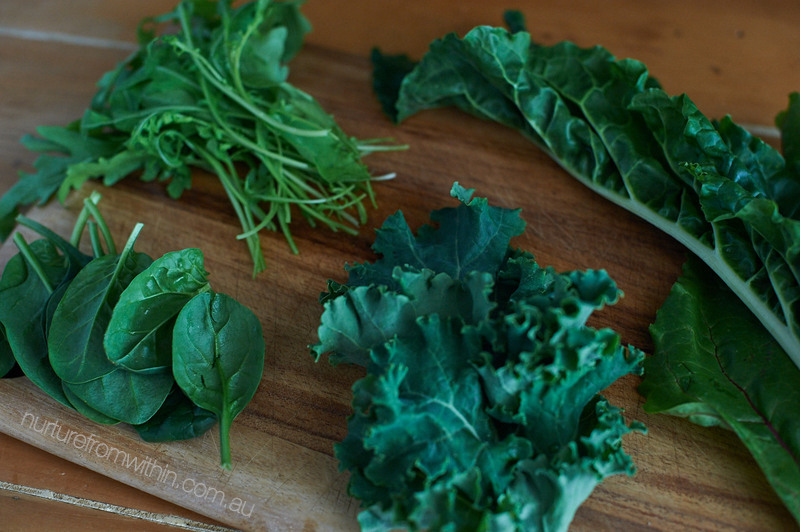Women’s Health. What IS women’s health? As a practitioner who works in this area, I occasionally get asked about what this actually covers. It’s a good question, so here is a little summary..
Women’s health generally refers to the branch of medicine that focuses on the treatment and diagnosis of diseases, conditions and concerns that affect a woman’s physical and emotional wellbeing. This includes endometriosis, PCOS, weight concern, menopause, fertility health, pregnancy and child birth, breast cancer, ovarian cancer, sexual health and mental health conditions and concerns including anxiety and depression.
When it comes to managing and preventing symptoms, improving physical health and wellbeing, recovery/healing and supporting emotional and mental health, nutrition plays a very important role. For example, what and how one eats can not only help to manage symptoms of endometriosis but it also makes a difference to endo surgery recovery, ongoing symptom management and how one generally feels and functions from day to day.
With regards to PCOS, how diet influences one’s overall health, weight and hormonal balance is rather individual and many factors play a part, but to name one – the types and quantities of carbohydrates play a key role. Fertility health is also complex but good nutrition is essential in helping to improves one’s overall physical health, restore and maintain nutrient stores and support hormonal balance and mental wellbeing, all of which help to improve the chance for conception, a healthy pregnancy and a healthy baby.
With regards to mental health, how we nourish ourselves directly impacts our brain function, how we feel in ourselves and our energy levels and can also influence our ability to manage emotions. For example, for many individuals who experience anxiety, limiting refined sugar, caffeine and alcohol can really help keep anxiety levels at bay. In addition to this, nourishing oneself with regular meals and snacks based on ‘whole foods’ (including unprocessed/low GI carbs) is highly beneficial. This helps to stabilize blood glucose levels which can help to stablize mood, energy levels and encourage healthy sleep all of which help to harness a feeling of calmness and manage/reduce anxiety. Anxiety can often influence digestion and appetite, and poor digestion and low or increased appetite can cause or exacerbate anxiety – crazy but true! Our food choices and little changes in what, how and when we eat can make all the difference.
Food can make a very big difference.
While many of my clients seek guidance in relation to endometriosis, PCOS, fertility, pregnancy nutrition and weight concern I also see many women who are free of these conditions/concerns and are just very interested in finding a healthy happy balance in life and achieving optimal health. As a Dietitian, my job is of course to help clients to nourish themselves in a way that promotes best health, is sustainable, enjoyable and best suits their lifestyle. But food is only one part of the picture, I place equal importance on physical, mental, emotional and spiritual health and wellbeing. What we eat, how we eat, when and how much we eat is so closely linked to how we feel, how we live, our lifestyle, how stressed/happy/unhappy/time poor/time rich/tired/well rested we are (etc, etc) and vise versa.
I love what I do, to be able to support women (and couples) and help them to improve/support/build on/explore/understand their health and wellbeing is an honour. Food is medicine, as they say, for our body, mind, soul and spirit for all of us.
Lara x





